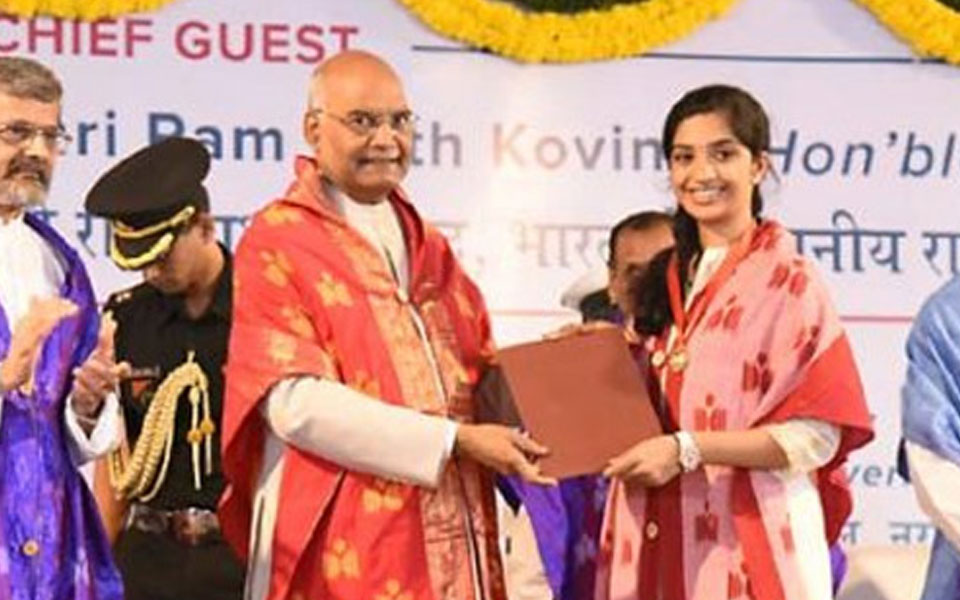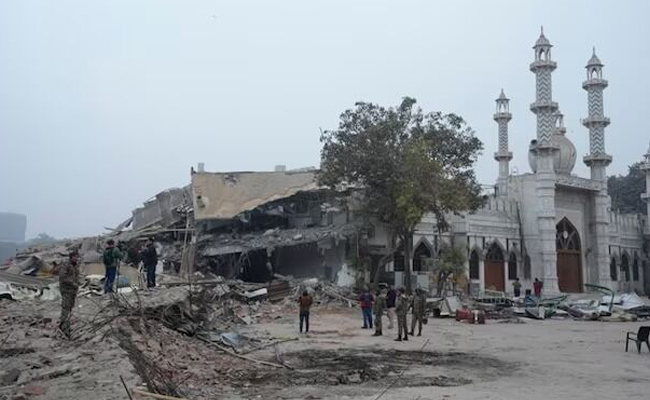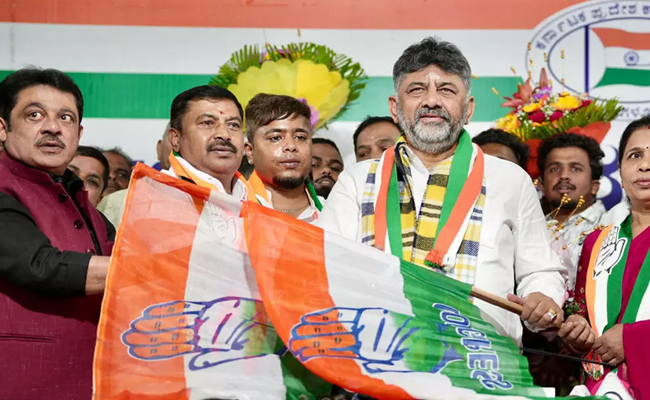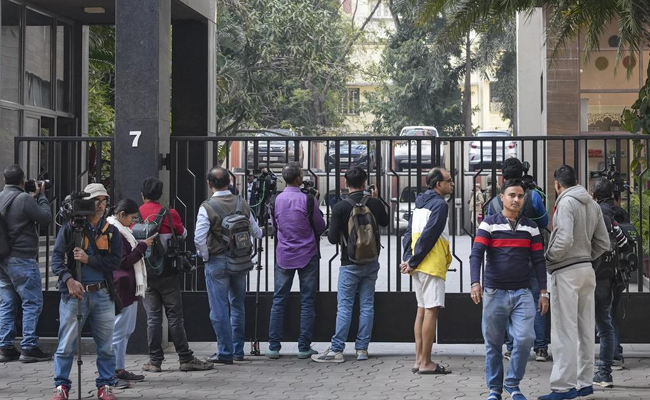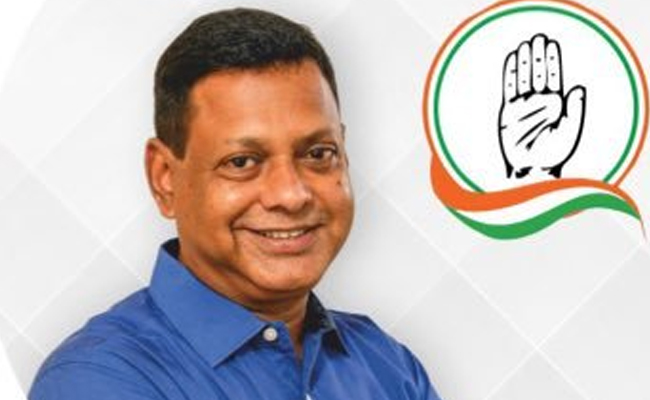HYDERABAD: Sneha Reddy, who graduated from IIT-Hyderabad this year, has bagged a whopping Rs 1.2-crore pay package (per annum) from Google, the highest received by a student in the IIT-H’s history since it was established in 2008.
The highest package was offered to a student until May was Rs 40 lakh and the average package stood at Rs 11.5 lakh.
Sneha Reddy, who has been selected for Google Intelligence project, had received the medal under ‘Excellence in Academics and Co-curricular activities’ from President Ram Nath Kovind.
The Computer Science Graduate from IIT Hyderabad, who has got four gold medals, completed four rounds of online test which Google conducted recently and finally got the opportunity. She was due to visit the US for the final round, but as she was unable to go there, Google did the final round also for her through online on the basis of her excellence in previous rounds.
Surprisingly, the topper of her batch, Ibrahim Dalal, has bagged Rs 35 lakh (per annum_ package. Dalal too has received the medal for scoring best CGPA this year.
A native of Vikarabad, Sneha Reddy's father Sudhakar works in a software firm in Hyderabad. IIT faculty were all praise for the student, who made the institution proud. Sneha Reddy said that IIT-Hyderabad has encouraged its students towards experiments and "helped her a lot getting selected for Google's project".
courtesy : timesofindia.indiatimes.com
Let the Truth be known. If you read VB and like VB, please be a VB Supporter and Help us deliver the Truth to one and all.
New Delhi (PTI): A female social media influencer has been summoned for questioning after Delhi Police identified 10 influencers who allegedly spread rumours that the Faiz-e-Elahi Mosque near Turkman Gate had been demolished during a court-ordered anti-encroachment drive.
The woman was summoned after social media monitoring teams of the police flagged a video in which she purportedly claimed that the mosque in Delhi's Ramlila Maidan had been razed, a senior police officer said on Thursday.
"Teams have identified at least 10 social media accounts, including one Salman, which were spreading rumours about the drive," he said, adding that the content being circulated was misleading and factually incorrect, triggering violence as many people pelted stones at police personnel.
"We have prepared a list of 10 influencers whose posts and videos are under scrutiny. We have more people under the radar. Our teams are analysing the content being circulated on social media, and these influencers will be questioned soon," the officer added.
Police said the woman has already been summoned after preliminary verification found her claims to be false and capable of creating fear and communal tension. The video, police said, was linked to misinformation surrounding a court-ordered anti-encroachment drive near the Faiz-e-Elahi Mosque area.
ALSO READ: Shivakumar mocks JD(S), says party may merge with the BJP soon
"The video contained misleading claims related to the recent anti-encroachment drive. Such content has the potential to disturb public order and harmony," a police source said.
Additional Commissioner of Police (Central) Nidhin Valsan had clarified that he personally had a meeting with more than 120-130 Maulvis days before the demolition.
"I made them understand that no demolition will be done in the Mosque, and only the illegally encroached area will be demolished. We have even told them that they can appeal against the court order," he said.
Another officer said that their social media teams are keeping a strict vigil on all platforms and closely monitoring the content being circulated. "Misinformation will not be tolerated, and those found spreading such content will be summoned," the officer said.
He said that strict action would be taken against anyone attempting to disturb public order by circulating rumours or misleading information. "No one will be spared if they are found trying to create panic or communal tension through false narratives," the officer said.
Police also appealed to the public to rely only on verified information and to refrain from forwarding unverified posts on social media platforms. "People are requested not to believe or share unverified content. Any attempt to mislead the public will invite legal action," the officer said.
So far, 10 people have been arrested and a juvenile apprehended for the violence. All are residents of the Turkman Gate area, police said.
Trouble began after social media posts falsely claimed that the mosque opposite Turkman Gate was being demolished, prompting more than 200 people to gather and later pelt stones and bottles at police personnel and civic body workers.
Officers have repeatedly clarified that the mosque was not damaged during the drive and that only illegal encroachments were cleared, including a diagnostic centre, a banquet hall and boundary walls.
The Additional CP Valsan earlier in the day said that adequate deployment of police and paramilitary forces has been made in the area to maintain law and order and that the situation is being closely monitored.
Police said they will continue monitoring social media platforms to prevent the spread of misinformation and maintain peace in the area.

